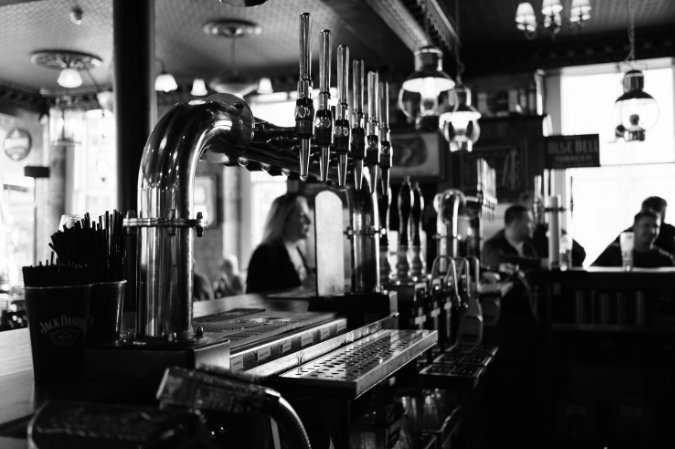The SLTA (Scottish Licensed Trade Association) today releases a snapshot survey of the challenges facing Scotland’s pubs, bars and hospitality venues as they go forward in 2024, with over 500 businesses responding.
The Christmas/New Year survey, which covers the full spectrum of hospitality business including pubs, bars, restaurants and hotels, contains key insights into the significant impacts of a declining economy and a continued rise in rates, labour and supplier costs.
Alarmingly, 96% of respondents felt the Scottish Government is out of touch with the business community, reflecting the results of a recent Fraser of Allander report.
Colin Wilkinson, SLTA managing director, said “Our sector plays a critical role in employment and is at the heart of Scotland’s tourism industry, and we are deeply concerned that 75% of respondents anticipate they will need government support to survive in 2024.
“Our survey is based upon quantitative research from outlets covering the length and breadth of the country and is supported by major food and drink chains and independent pubs, bars and hotels in Scotland’s licensed hospitality sector.
“The outlook for the licensed hospitality trade in 2024 remains extremely challenging with continuing financial pressures on the sector, chronic staff shortages, high energy prices, and a continuing cost of living crisis. While there was a flicker of optimism among some respondents, this was against a relatively poor year and 22% of respondents reported a decline in trading of over 10%.
“While Christmas was not quite as bad as expected in some areas, it certainly was not what was hoped for. New Year, however, was poor, even for some city centre pubs including in Edinburgh with its winter festival offerings.
“There were reports of increased footfall and spend in some areas of the country, but then operators have had to increase prices due to cost pressures. The key issue, of course, is business viability and profitability, which is currently under a great deal of pressure and is not what it should be or what is needed for many businesses to sustain a successful operation going forward in 2024 with the challenges that the industry will be facing.”
Mr Wilkinson highlighted other key areas of concern and challenges to overcome including the deposit return scheme which will be back in the limelight in 2024 and the alcohol marketing and promotions restrictions on the horizon.
He also pointed to the “archaic commercial rating system used to assess licensed premises” which the Scottish Government is now committed to review and, of course, no rates relief for Scottish businesses, adding: “The introduction of more low emission zones in our city centres is also a major issue for our industry and we all know the significant detrimental impact this has already had in Scotland’s largest city, Glasgow. Then there’s the tourism tax and a high VAT rate for accommodation providers.
“We certainly don’t need a crystal ball to predict that 2024 will be just as challenging as the last few years, if not more.
“First Minister Humza Yousaf pledged to give us a ‘New Deal for Business’ but we’re seeing very little of that so far at a time when businesses across Scotland need support if they are to be part of efforts to rejuvenate communities, boost economic growth, and create jobs.”
Executive summary of key challenges
- An alarming 96% of industry respondents agree “The Scottish Government is out of touch with the business community”.
- 57% of outlets won’t be fully open in January/February 2024
- 75% of outlets anticipate they will need government support to survive in 2024
- Trading conditions remain very challenging with rates, supplier and staffing costs continuing to increase
- 65% of respondents expect the economy to decline in 2024
- 53% of businesses saw trading levels either remaining the same or declining on the previous calendar year, with 22% having declined by over 10%
- Looking forward, 68% of outlets expect business performance in 2024 to be about the same or in slight decline versus 2023
- Over one-third of outlets are advising staff availability is impacting on trading

